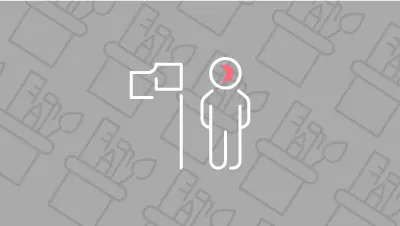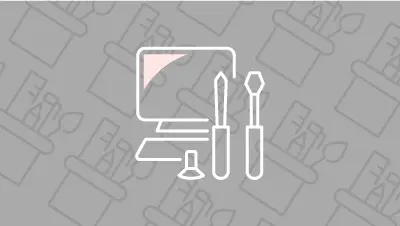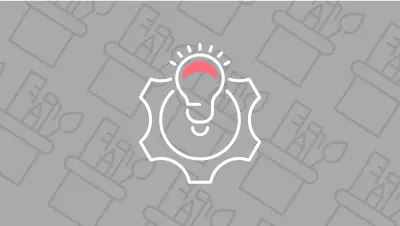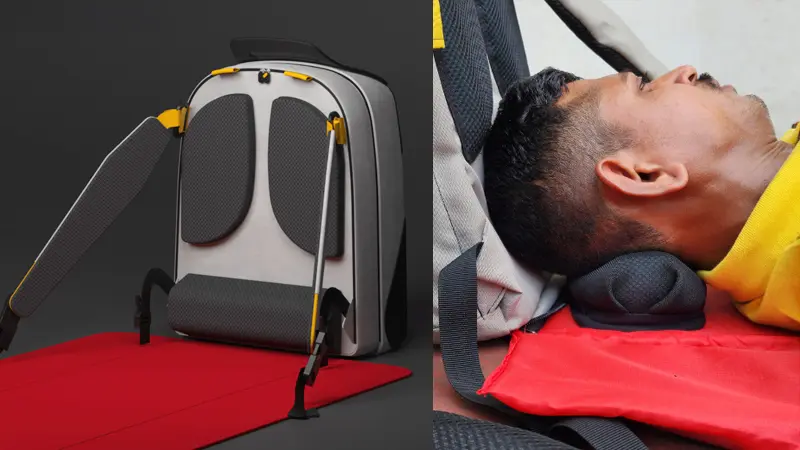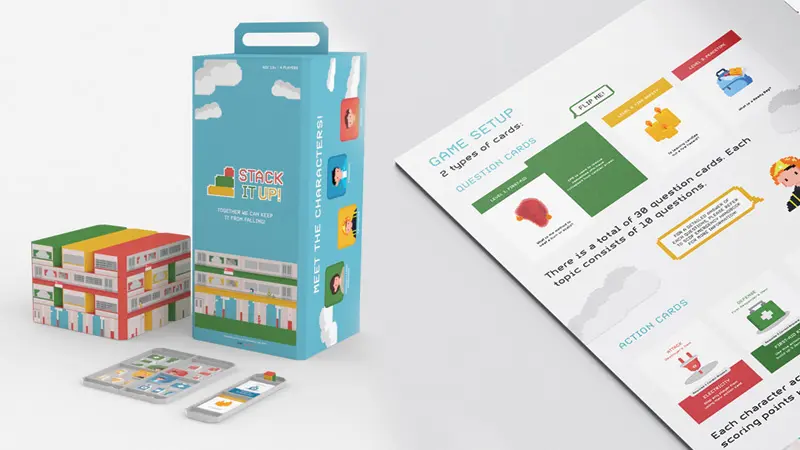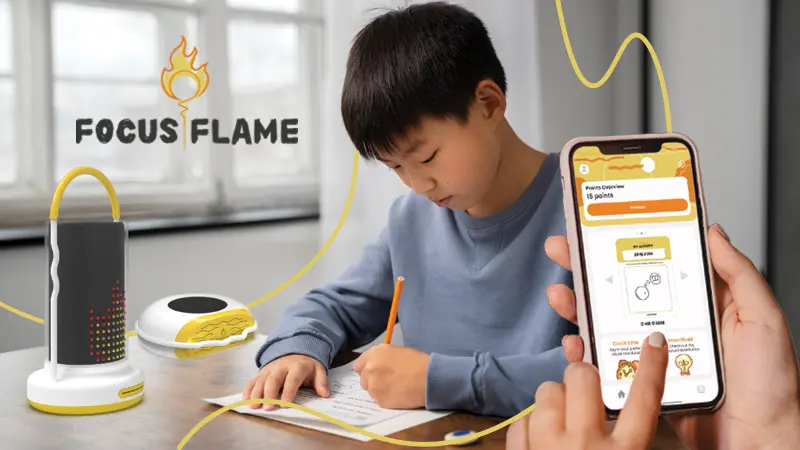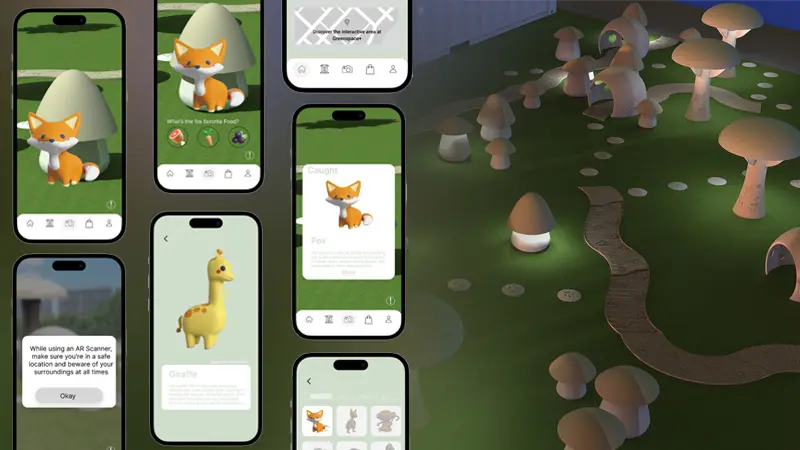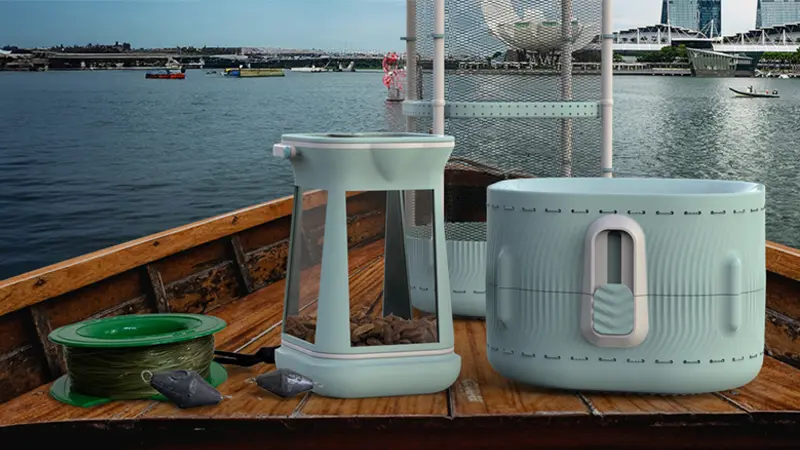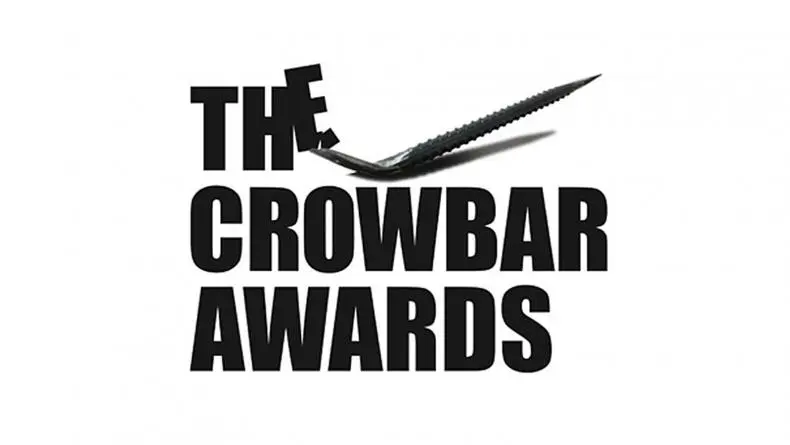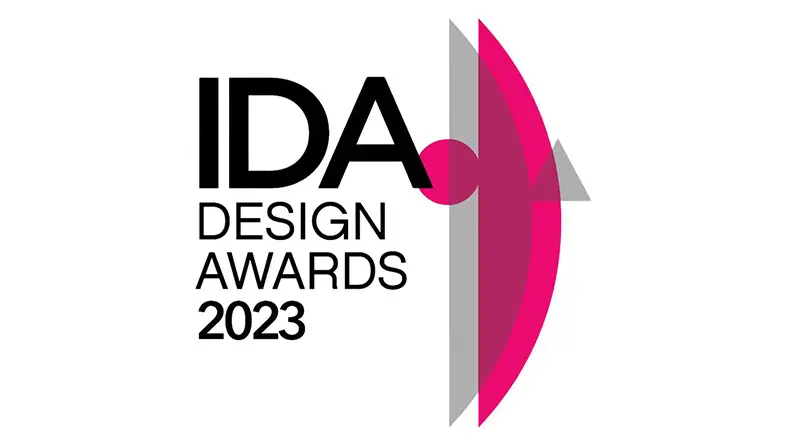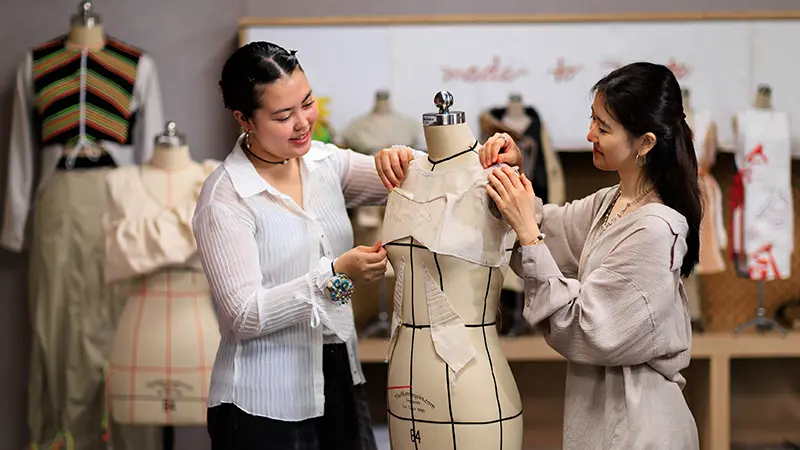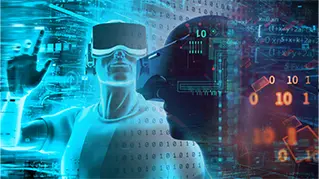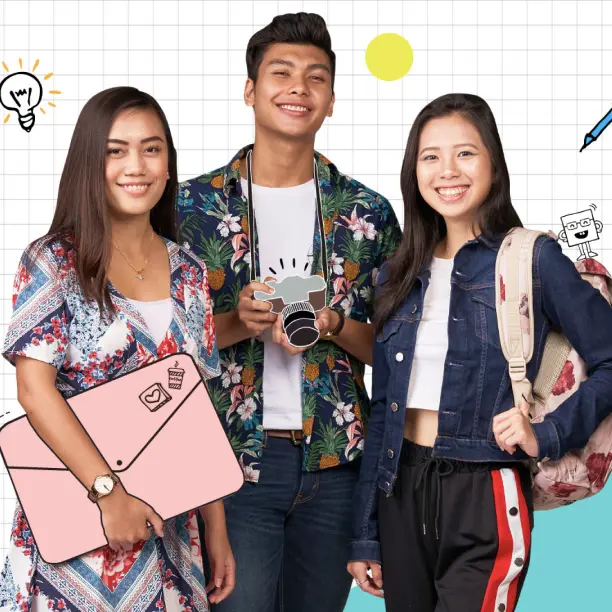PET Course Fee
- Main
-
The table below shows the total subsidised fees (inclusive of GST) payable.
ADMITTED IN SINGAPOREANS
(Aged below 40 in the year 2024)SINGAPORE PERMANENT RESIDENTS INTERNATIONAL STUDENTS 2025 S$3,179.65 S$6,509.65 S$12,570.15 2024 S$3,068.75 S$6,298.75 S$12,159.25 WHEN DO I PAY?There are 2 semesters in each Academic YEAR (AY). The billing periods for AY 2024/2025 are:
Semester 1: 21 April 2025 -19 October 2025
Semester 2: 21 October 2025 -19 April 2026Fees are billed and payable by semester. They are usually payable in June for Semester 1 and December for Semester 2.
MORE DETAILS ON FEES AND FINANCEView course fees for other intakes, subsidies, grants, bursary and awards at the Fees & Financial matters section.
View the list of scholarships available to A&F students.

